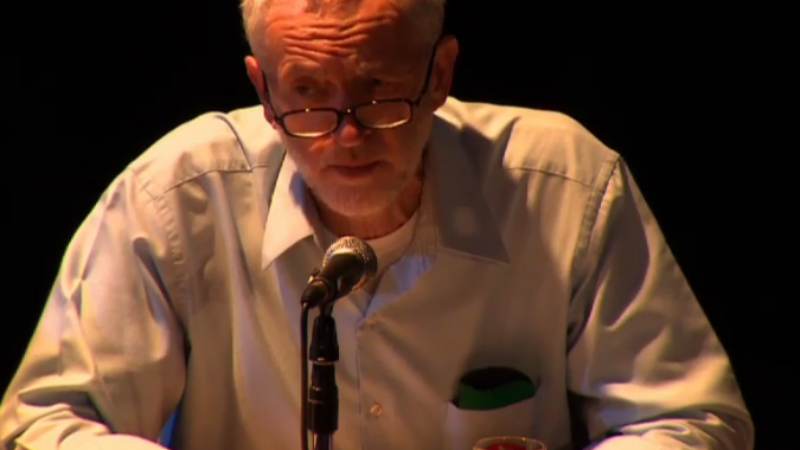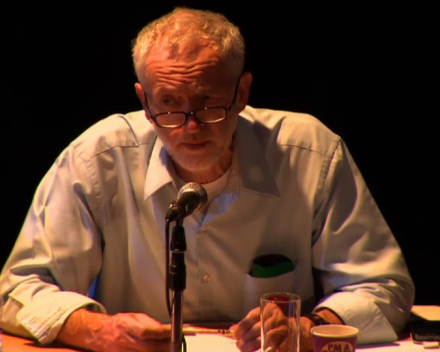

It is rare for a week to begin with a dispute over quantitative easing; yet this is what graced the airways and Twitter last Monday morning. The point of division was over the “QE for the people” (QEP) proposal of Jeremy Corbyn and his adviser Richard Murphy. Much smarter economists that I have shown some of the flaws and macroeconomic risks such monetary looseness entails. Alongside these macroeconomic concerns, Corbyn has left failed to account for the consequences of his rather heterodox monetary policy.
QEP is an unusual policy. It has been proposed in a number of forms from direct transfers to citizens to the more indirect purchasing of securitised debt of small firms. Corbyn’s proposal is to use the Bank of England’s ability create money that would be used to invest in “new large scale housing, energy, transport and digital projects”. These are, of course, all desirable objectives. Such investment would form part of the Bank’s mandate and would presumably become a major part of the Bank’s work.
The direct intervention in the mandate of, and transfer of powers to, the Bank of England involved in deploying QEP risks an explicit politicisation of the Bank and an end to its independence. Murphy has explicated refuted this claim. Let’s assume he is right. This would then be one of the most pro-technocrat public policies in recent history. Power and responsibility over infrastructure, housing, energy and transport spending would move from accountable politicians to an unaccountable Bank of England officials. This would be major concentration of power over a vast range of public policy. This seems to clash to with the message and spirit of Corbyn’s leadership bid (if not the content of some of his policies).
It would be possible to write the policy such that it constrained the freedom of technocrats to make decisions over infrastructure as they pleased. The policy would be able to ensure that the Bank directed investment towards the types of housing development or transport methods favoured by a Corbyn-led government. These are explicitly political, not just economic decisions. Bank of England independence clearly stands in the way of keeping such spending democratically accountable. Hence, the case that QEP can co-exist with Bank of England independence and democratic accountability cannot hold.
If Corbyn shrinks from technocracy and political control is asserted over the Bank, then there could be some serious macroeconomic consequences. Ben Chu of the Independent noted that if the Bank started creating money at the behest of government, this could spark a self-fulfilling inflationary spiral as public may fear an explosion in prices (as the Bank cannot credibly commit to tightening monetary policy). Such an inflationary spiral would be damaging not just to the macroeconomy in general but particularly to the poorest who would suffer through eroded real wages. The interest rate rise necessary to control such a spiral would be potentially recessionary and would see rising mortgage (and other debt) defaults. The loss of credibility could mean that to bring inflation down, the Bank would have the overshoot the optimal output sacrifice (the fall in output needed to return inflation to its target) in order to signal its seriousness; this would mean deeper recessionary effects.
Corbyn’s monetary policy is one of two things: either it is a funny money solution that gives centralises power in the hands of a distant elite, rather like the parts of the financial sector prior to the crash; or it is the end of Bank of England independence and the macroeconomic consequences that entails. Corbyn is not being straight about the consequences of his monetary policy. This is less a New Politics more just the Old Politics wearing a radical mask.
David Butler is a postgraduate student of The Political Economy of Emerging Markets




More from LabourList
‘AI regulation is key to Labour’s climate credibility’
Ben Cooper column: ‘Labour needs to rediscover its own authentic populism’
‘Westminster rethought: a new purpose built site and a museum of democracy’